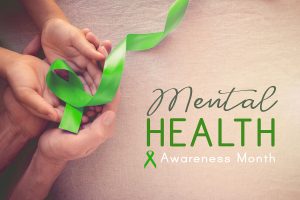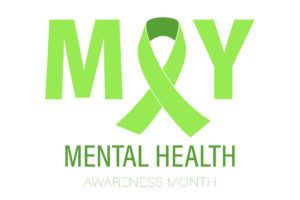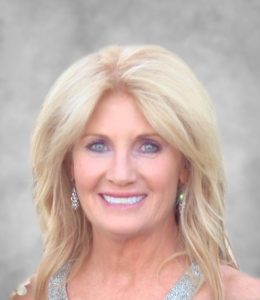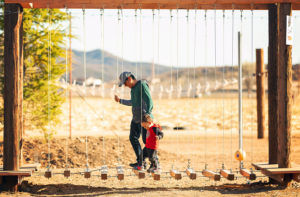Adding more houseplants to your windowsill is a low-effort way to ease your mind and lower stress levels. 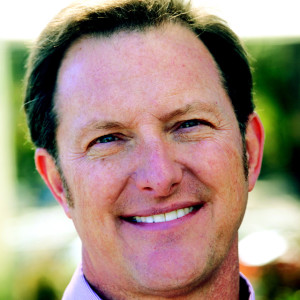
Stoneside Blinds and Shades surveyed nearly 1,000 people to see how their plants influenced their stress levels with some fascinating results. They found some of the top reasons for purchasing plants are to beautify living spaces (65%), with 54% noting they wanted “to have something else to focus on.” Talking to your plants is apparently normal, with 55% responding that they speak to their plants. We are all for talking to Farley the Fern and Fifi the Ficus. But beyond beauty and the hobby of caring for plants, they benefit us in many ways.
Houseplants Provide a Taste of Nature
Houseplants are an easy way to bring the outside in and reap the restorative and calming effects of nature. Time Magazine reported “Forest Bathing” – spending time around nature – lowers stress levels, reduces blood pressure, and has an overall relaxing effect on the body.
Tending to Plants Teaches Us Self-Care
As some struggle with their mental health, it’s a comfort to know something as simple as watering a plant or giving your green babies some food is a boon for your mental state. Sabrina Romanoff, Psy.D., working at Lenox Hill Hospital in New York City, found that habits formed while caring for plants lays the foundation of doing these things for yourself. They create a positive mental feedback loop. “Plants are a metaphor for ourselves: tangible evidence of what can happen when we are consistent, do what needs to be done, and adapt to our environmental needs. Plants teach us the outcome is worth the effort and that we are constantly growing and evolving.”
Plants Boost Creativity
There are so many benefits to having indoor plants, especially as people are working from home more and more. As we stare endlessly at the walls of isolation, we need a double dose of creative energy. This includes improved cognitive function and creativity. A Texas A&M study found having indoor plants in the workplace dramatically enhances idea generation and creative problem-solving, and boosts concentration. The Dutch have a name for this: “gezellig.” This translates to coziness, comfort and relaxation that provides a sense of well-being.
Houseplants Increase Productivity
It is hard to stay focused with endless screen time and long Zoom calls. Plants provide much-needed mojo. The presence of plants in the workplace leads to increased productivity, positive perceptions of air quality, and higher levels of concentration, according to Dr. Romanoff. “They observed increased workplace satisfaction [and] increased productivity as a result of plants in the workplace.” She continues, “this is a testament to how plants enrich our environments, mood and well-being.”
Reduces Anxiety with a Boost to Mood
Adding more houseplants to your windowsill is a low-effort way to ease your mind and lower stress levels. “Exposure to indoor plants has positive effects on mental health. When we’re in the presence of indoor plants, the activity of our sympathetic nervous system, which is the fight-or-flight portion of our nervous system, decreases,” says Dr. Janelle Louis. “Indoor plants promote a sense of relaxation, comfort and calm.”
Many of us are not lucky enough to walk through a forest. Houseplants are the perfect escape. Research showed active interactions with houseplants such as repotting, pruning, touching and smelling have the same stress-reducing effects as spending time in a forest.
If you are not into owning houseplants, try heading to your local park, a tree-lined path, or a grassy field. “Spending time in green space has positive effects on mental health. Being exposed to green space for as little as 20-30 minutes leads to a significant drop in our levels of the stress hormone cortisol,” says Dr. Louis. “High levels of cortisol for prolonged periods are associated with mood swings, anxiety, depression and other mental health concerns.”
Until next month, I’ll be helping gardeners relax with more houseplants here at Watters Garden Center. QCBN
By Ken Lain
Ken Lain can be found throughout the week at Watters Garden Center, 1815 W. Iron Springs Road in Prescott, or contacted through his website at WattersGardenCenter.com or Top10Housplants.com.






